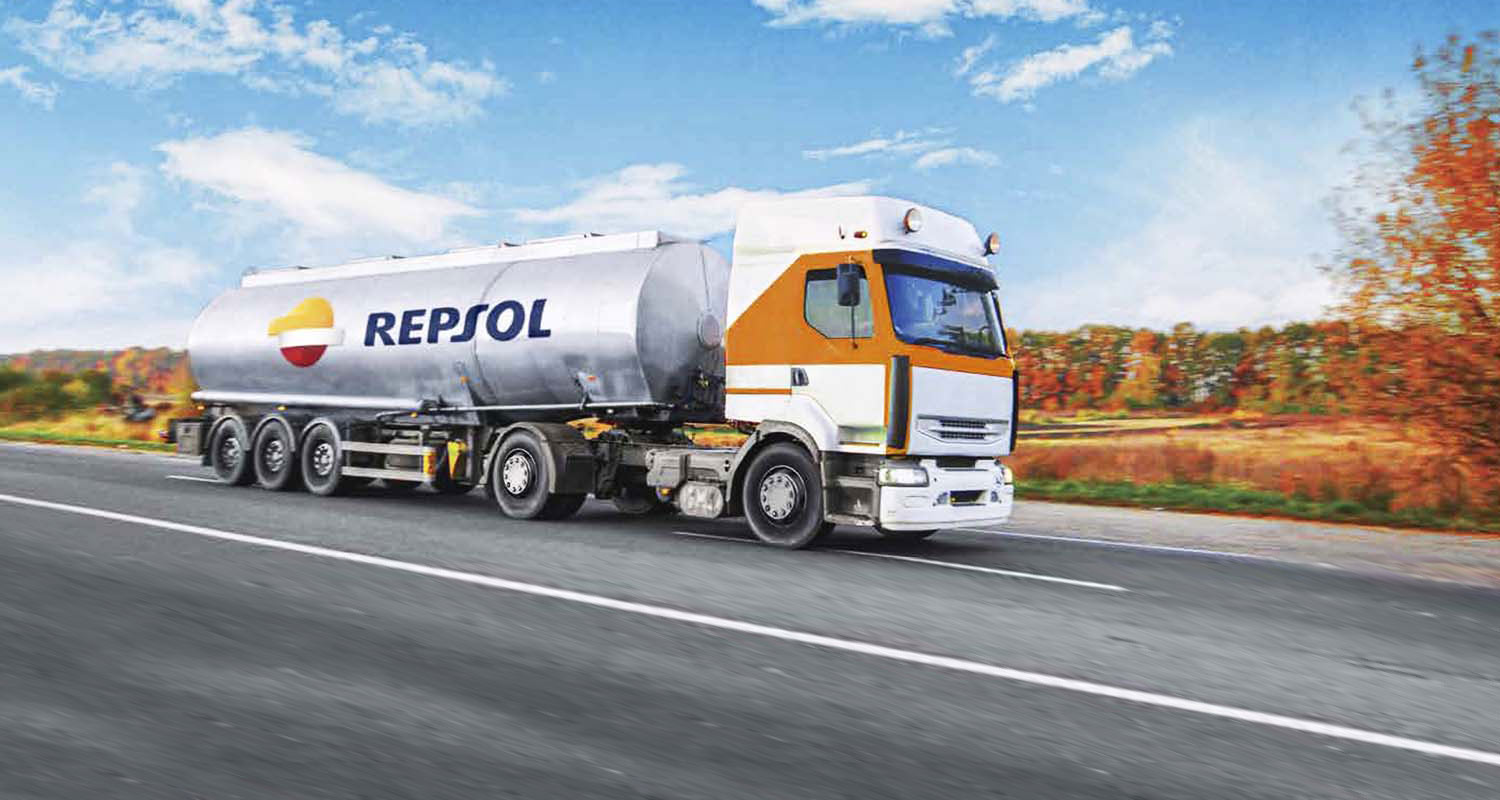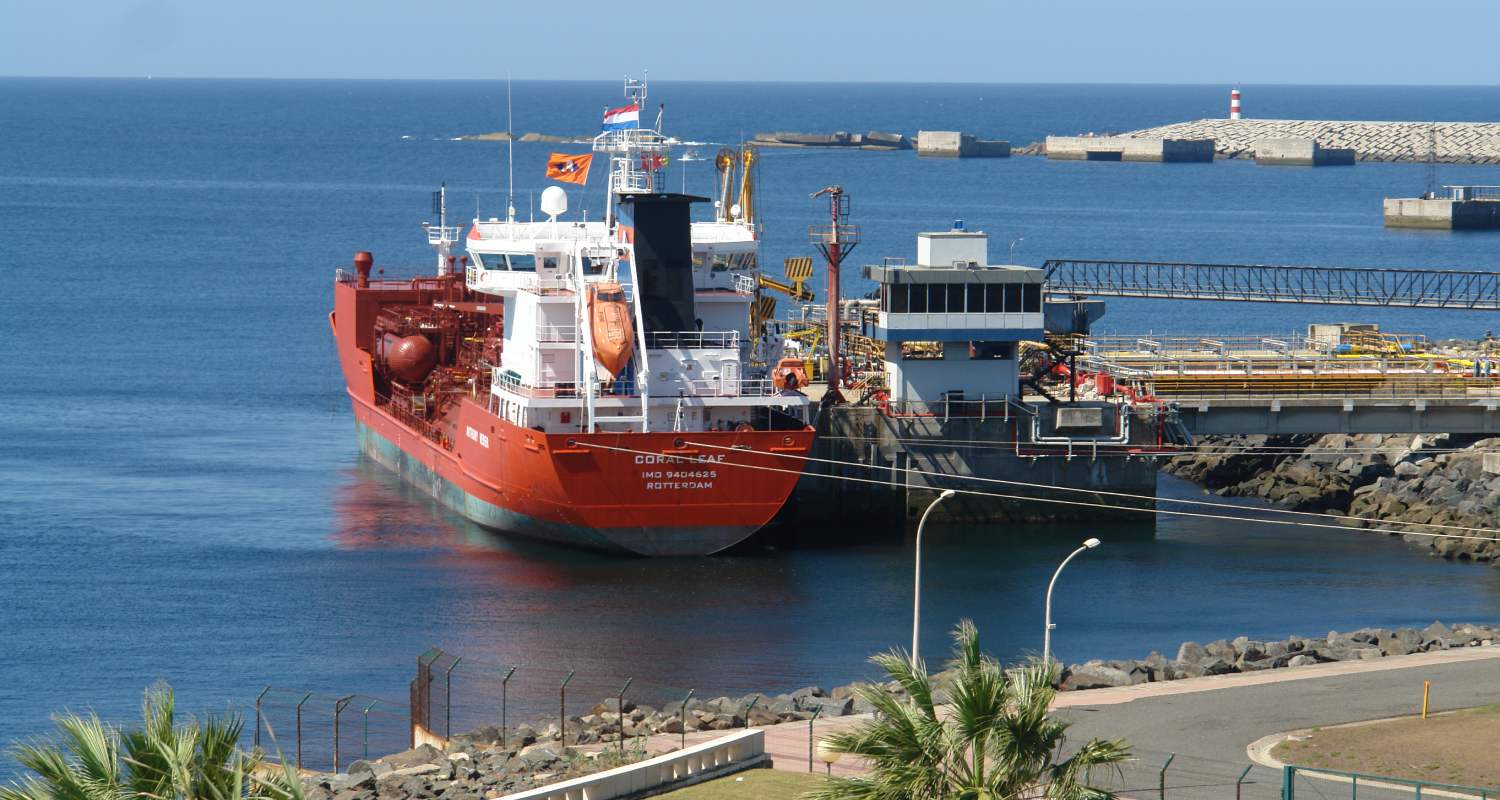Some of our exploration and production activities are located in difficult-to-access areas that can only be reached by air transport. Some examples are offshore oil and gas rigs or onshore sites that cannot be accessed by road as they are in sensitive areas or due to extreme conditions, etc.
As we do not have our own air fleet, we set demanding evaluation, inspection, and auditing criteria when contracting services from third parties to transport equipment and people.
We go one step further than international air transport regulations and apply best practices from the oil and gas industry in accordance with the guidelines of the International Association of Oil and Gas Producers (IOGP) to establish safety requirements applicable to the aircraft and aviation infrastructure (heliports, aerodromes, and other facilities) of our contractors, as well as the qualifications, experience, and training of their personnel and their safety, quality, and emergency response management systems.




